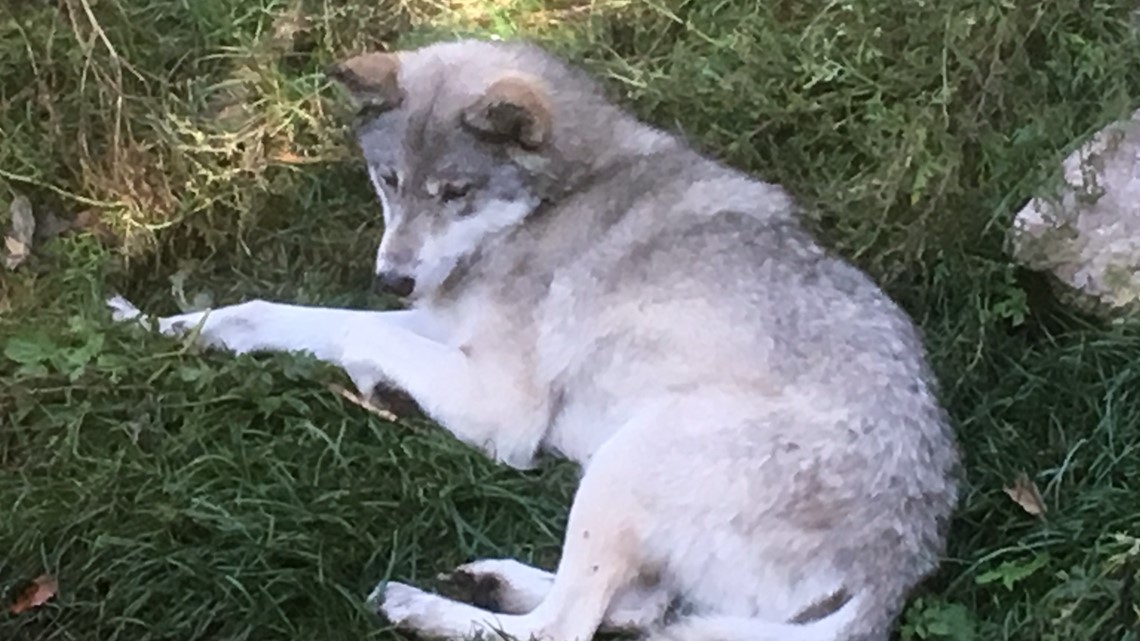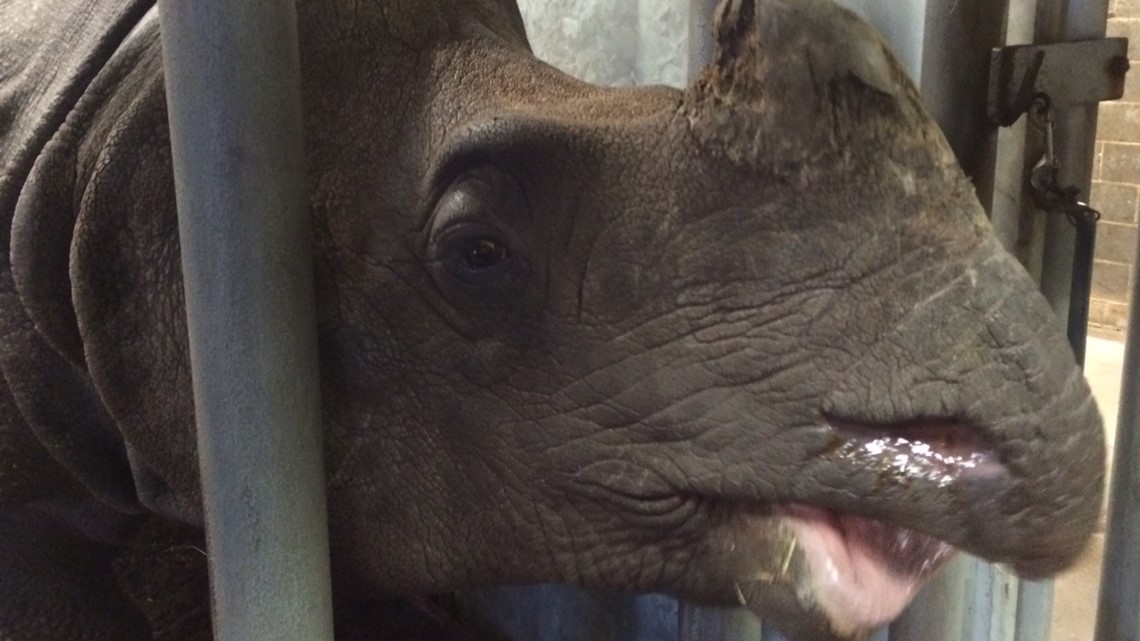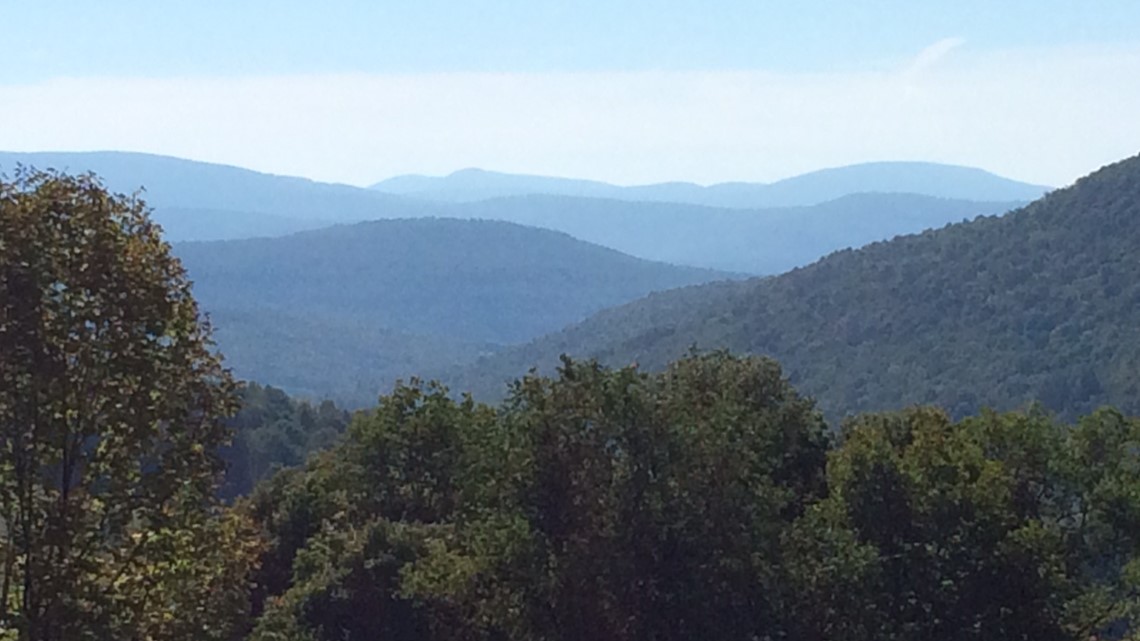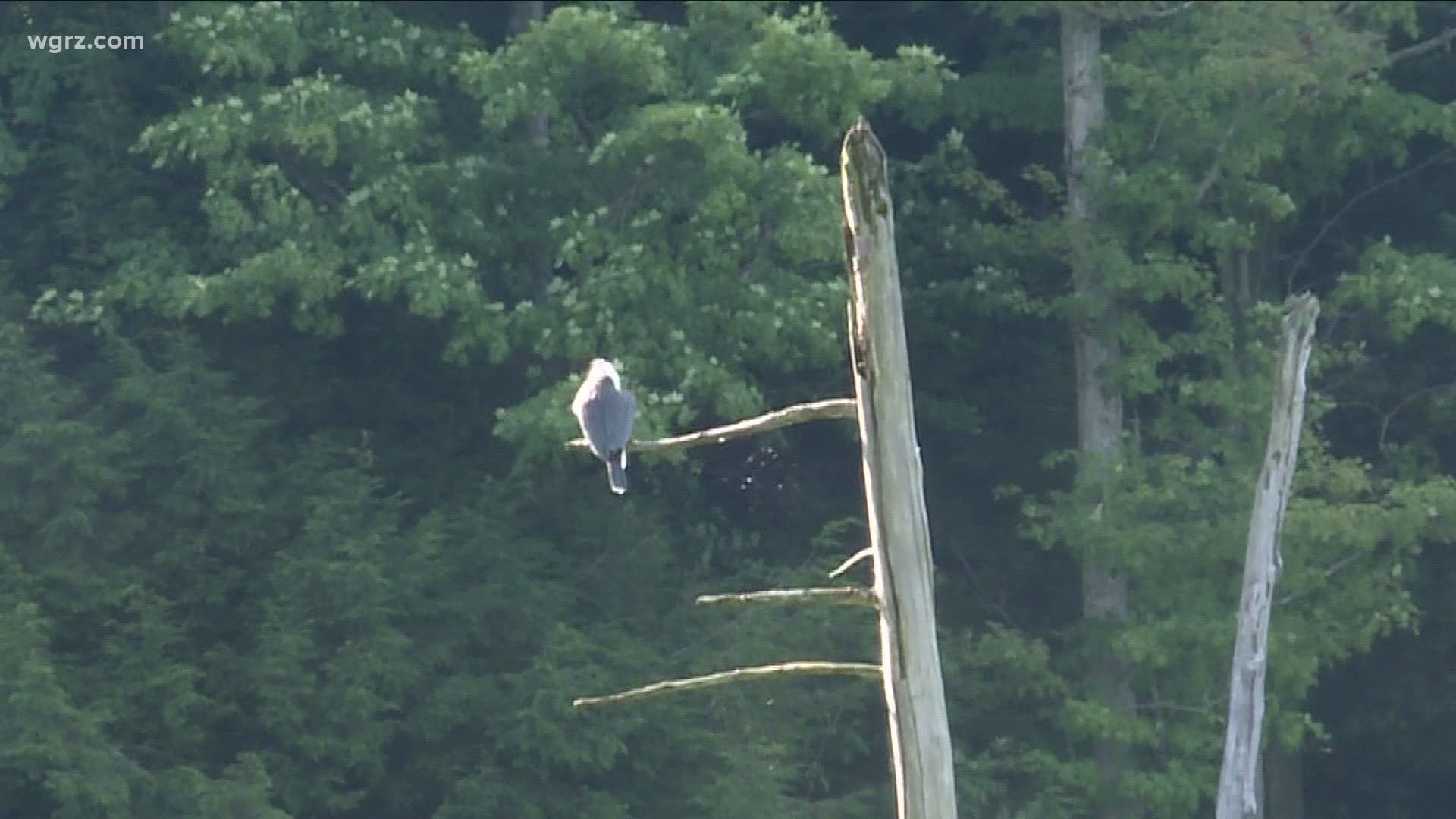BUFFALO, N.Y. — The Living Planet Report has been published by the World Wildlife Fund every two years since 1998. It is the world's leading analysis on the Earth's health and the impact we as humans have on our planet. The most recent version of the report has some pretty grim news.
Jeff Opperman is the lead freshwater scientist for the World Wildlife Fund. He explains the startling findings.
"Populations of vertebrate species that have been tracked, this index, have fallen 68 percent since 1970, so that's a pretty dramatic decline," Opperman said.


Opperman says that the report is based on studies of thousands of species over a long period of time.
"We can really look at these trends in wildlife for the health of the planet overall, so it's not just wildlife," Opperman said.
That's because humans depend on the environment. The Earth's health is our health as well.
"When we're seeing a decline in wildlife, and forests depend on wildlife," Opperman said. "That's an indicator that forests are declining, and that is imperiling climate and water and health."


"We are all interconnected," adds Buffalo Zoo Assistant Curator Joe Hauser.
"We might not find ourselves in Buffalo, NY being connected to Polar Bears that live in the Arctic, or rhinos that live in Africa, or tigers that live in Indonesia, but we are all interconnected even thousands and thousands of miles apart from each other in the small things we do," Hauser said.
There are a number of simple things we can do to help turn the tide. Agriculture is a good place to start. The food needs for our massive population is doing damage to both soil and water.
"How we grow the food is really important, and there's a broad range of practices and types of food that can have a very different impact on nature," Opperman said.


Though the news is bad, the report also documents change and hope for the future. Hauser believes that Humans have the capacity to repair what we've damaged.
"How we live our lives daily plays a factor into that and how we can also help teach our family and friends to change the way they live to better the planet," Hauser said.
Opperman agrees, "Abundant reasons to be optimistic and to be hopeful, but we need to seize that. We need to seize that hope and turn it into action. "

